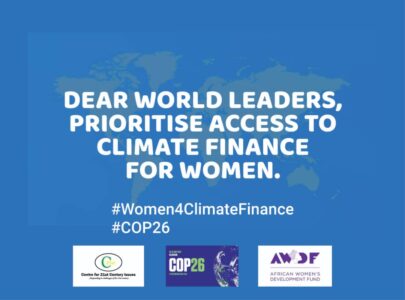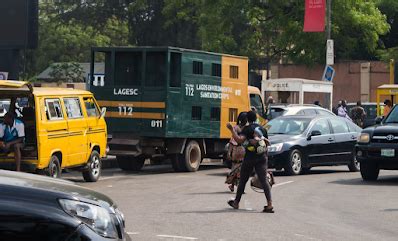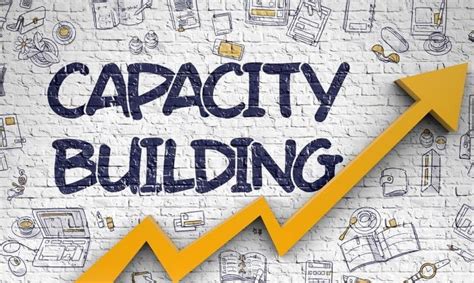Activities to frontline issues concerning women access to climate finance has been given a huge boost as the Centre for 21st century Issues (C21st), a not-for-profit/non-governmental organization headquartered in Nigeria recently launched its advocacy campaign on Women for Climate Finance, to culminate at COP26
The organization, which is leading a coalition of women focused groups will be demanding that COP26 delivers on the promise of developed countries to help African countries address the challenges of climate change. According to the Executive Director, Titi Akosa, ‘We believe that a sizable proportion of available climate funds should be channeled towards climate change adaptation in Africa’
The group are advocating that as the COP 26 UN Climate Change Conference hosted by the UK in partnership with Italy opens with focus on climate discussions and negotiations, it is critical to re-emphasise the place of climate financing which is aimed at tackling climate change and protecting the poorest and most vulnerable communities from its impacts.
Climate change is one of the greatest challenges facing humanity today. The negative effects of climate change on welfare, livelihoods and economic prospects are felt by all people from all countries; but more by developing countries. The most vulnerable populations in developing countries suffer the greatest impacts of climate change. This is true for women and girls; especially in Africa.
The barriers women face in accessing climate funds are evident. Therefore, addressing, reducing and overcoming these barriers are essential through climate finance with the view to fulfilling the mission of tackling the climate crisis. It is imperative for climate women advocates from all across Africa to push for gender climate action and active participation of African women for effective gender responsive climate finance.
The many challenges faced by women amid COVID-19 induced situations call for leaders to prioritise women’s needs. Some development reports including the UNICEF report pointed out that children in Africa are at ‘extremely high risk’ of the impacts of climate crisis, but emphasized that children’s vulnerabilities to climate change is inexorably tied to the burden of women who take care of the children and bear the greatest impact of climate change.
According to a report published by the Intergovernmental Panel on Climate Change (IPCC), Climate Change is a “code red for humanity” due to increasing temperatures, rising sea levels, unpredictable rainfall and flooding which adversely affect millions of people. Climate change is triggered by greenhouse gas emissions from fossil fuel, bush burning and deforestation which imperil the planet and put billions of people at immediate risks of negative impacts on livelihoods and health.
The African Continent has been badly hit by COVID-19 pandemic with economies of many countries struggling for recovery. This places a huge additional burden on African treasuries which are already overstretched and grossly depleted. Therefore it is imperative for women across the globe, advocates C21st, to canvass and mobilise support for fast-tracked finance around other key demands at COP 26.
Although the Green Climate Fund (GCF) and several others funding opportunities have been very strategic in building capacities and project implementation in several ways, access to these funds has however been very challenging for many African countries.
While these funds provide substantial grant financing for both adaptation and mitigation projects, Africa is not getting its fair share. More climate funds should therefore be devoted to Africa. Just as COVID-19 pandemic was given a top priority, climate action must also be considered a top priority.
As a continent highly vulnerable to climate change, adaptation is a priority for Africa. It is therefore imperative to state that more funds should be channeled to addressing adaptation and mitigation at the local level in order to build resilience to climate change.








Your point of view caught my eye and was very interesting. Thanks. I have a question for you.
Your article helped me a lot, is there any more related content? Thanks!
Your point of view caught my eye and was very interesting. Thanks. I have a question for you.
Thanks for sharing. I read many of your blog posts, cool, your blog is very good.
Thanks for sharing. I read many of your blog posts, cool, your blog is very good.
5gvepb